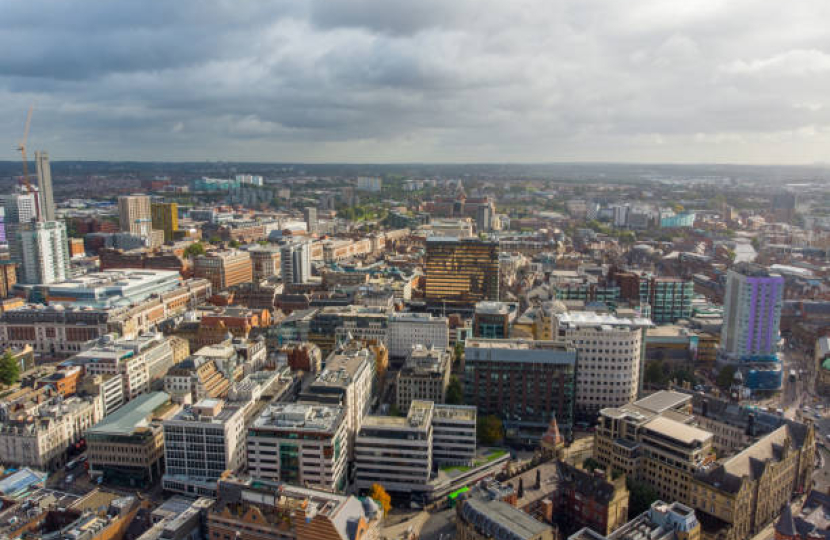
I have received a lot of complaints about the various changes to the traffic systems around Leeds, particularly local traffic through Headingley, Meanwood etc., as well as the Armley Gyratory work and the city centre changes.
The senior Highways Engineer has provided the reasoning for all the changes. I accept it doesn’t make it any easier, nor does me sending this infer that I accept or approve of the changes made:
"Whilst some issues are a strategic decision rather than an isolated decision by Traffic Engineering, I will provide a broad reasoning.
The City Centre has seen significant modelling changes over recent years, designed to make it a more pedestrian-friendly location, rather than one dominated by private vehicles passing through. These changes have ultimately made the centre less easy to navigate, it is accepted, however the vast majority of traffic which previously passed through City Square was not bound for the city-centre but instead using it as a route to pass through. The changes to the M621 to increase capacity and reduce bottlenecks and then the works to Armley Gyratory to increase capacity and improve traffic signal technology are all designed to cater for the increased traffic on the circular Inner Ring Road, rather than it passing through the city centre. A58(M) is currently seeing reduced capacity on approach to Armley Gyratory due to the required traffic management for the new footbridge that is being installed, but once complete there will be realisation of the benefits for the road network in this area.
With respect to Meanwood junction, this scheme is ultimately a road safety project. The junctions of Meanwood Road/Monkbridge Road/Green Road/Stonegate Road saw significant levels of traffic collisions and it was determined through analysis that signalisation of that junction would be the only feasible way to prevent these collisions. However, to ensure that any such traffic signalisation scheme did not result in significant congestion through Meanwood itself and on the adjoining roads, certain manoeuvres had to be prohibited, including the left turn from Meanwood Road to Monkbridge Road and from Green Road to Meanwood Road. This enables us to not have to place the entire junction on an "all-red" phase for vehicles, whilst pedestrians cross. By prohibiting those two manoeuvres, the junction enables at least one arm to have a green traffic signal at any one time.
The A660/Shaw Lane junction was designed to have a 24-hour bus gate, to enable more efficient bus journeys from the outer areas, including your own constituency, towards the city centre. This may have resulted in slight additional delays to general traffic, however Leeds City Council seeks to promote the use of sustainable travel options where at all possible and the bus services are benefitted here by the project that has been introduced. Additionally, other arms of this junction have had pedestrian crossing aspects added, where previously there were none. This area sees significant numbers of pedestrians crossing the road and this project will seek to keep them safe.
The project at Horsforth roundabout will provide benefit to capacity here, by enabling the queue to be effectively "pulled" away from the roundabout itself, reducing blockages and enabling other arms to rotate the roundabout more efficiently. That project forms part of the wider Levelling Up Fund project for the now-former Pudsey parliamentary constituency, including a new footbridge across the Ring Road at Farsley/Calverley, 4km of new footway, widening improvements to the Ring Road between Horsforth Roundabout and Featherbank Lane and traffic signal technology upgrades. The LUF allocation for constituencies was £20m. It is appreciated that providing a four-lane carriageway between Rodley Roundabout and Horsforth Roundabout would be a significant benefit to traffic flow, however the widening of the three bridges spanning the railway, River Aire and Leeds-Liverpool Canal would be of huge cost. In 2016 the widening of these bridges was estimated between £40m - £80m depending on the approach taken. Considering the time passed and significant inflation seen in the construction industry to products such as concrete, steel and asphalt, it would be unreasonable to expect such a project to cost comfortably upwards of £100m. Leeds City Council itself does not have access to such funding and any such funding can only be sourced from central government and only when government is seeking submissions for such large scale projects."

